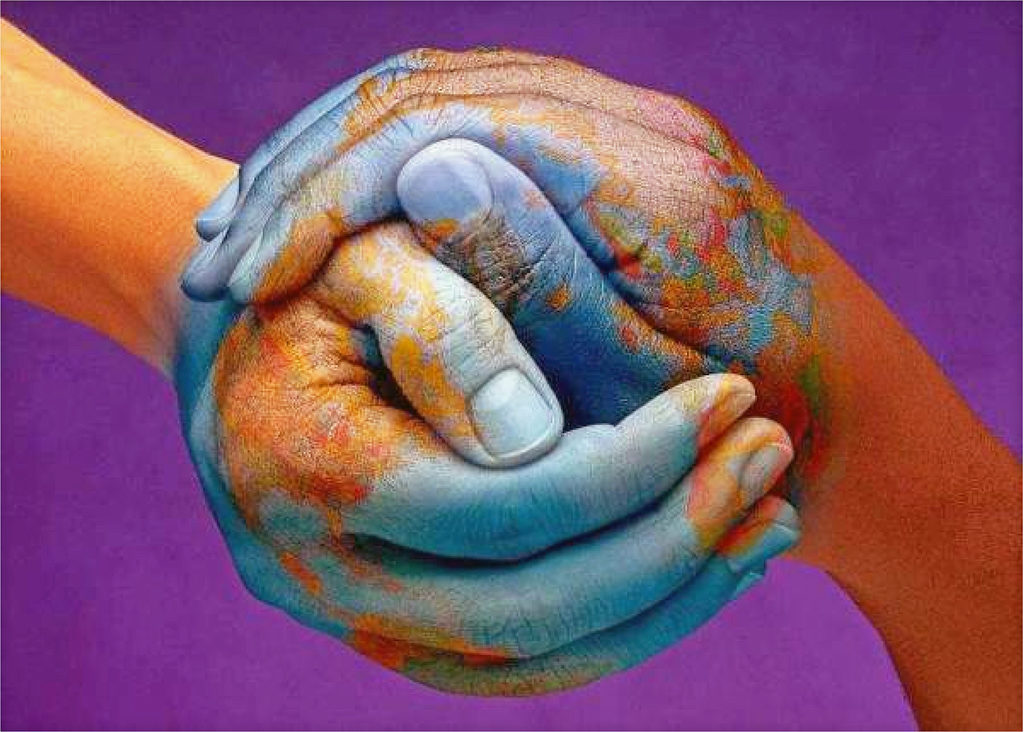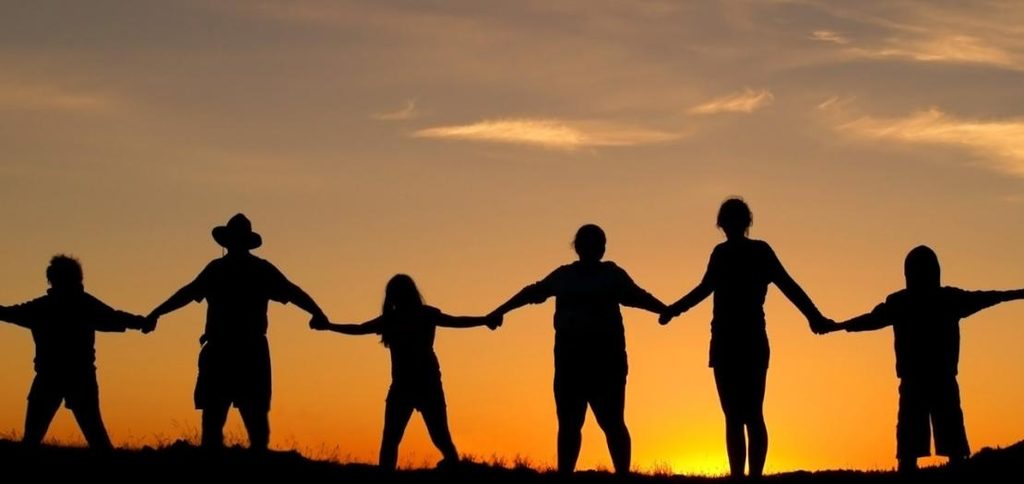What does peaceful coexistence really mean?
It’s not just the absence of war. It’s the daily decision to live alongside those who differ from us with different beliefs, cultures and identities, without turning those differences into battlegrounds of dominance, hatred and violence.
But here’s the pressing question: can humanity truly live this way?
Historical hindsight would suggest otherwise.
And nowhere is this struggle clearer than in the relationship between the people who follow Judaism, Christianity and Islam.
These aren’t foreign religions to one another. They’re siblings, connected by history and bound together by the same ancestral cradle, tracing their lineage back to Abraham.
They each proclaim peace, justice and compassion. And yet, too often they’ve turned those shared values into rival flags of division and even hatred.
From crusades to conquests, pogroms to persecutions, holy lands have become blood-soaked battlefields.
Scriptures have been manipulated, weaponised and twisted into swords of war and destruction. And faith that’s meant to uplift, has too often been used to oppress and colonise.
The tragedy is not just religious; it’s human. For if the children of Abraham cannot coexist in peace, what chance does the rest of humanity have?
So what must change for peaceful coexistence to become a reality?
From rivalry to recognitionMy faith need not cancel yours. Peace begins with accepting that another’s truth does not diminish my own.
From dogma to dialogue
Debate entrenches, dialogue opens space for listening, empathising and discussion how we can overcome our differences. Listening with a pure heart and with good intentions is more revolutionary than preaching and screeching racist chants.
From denial to honesty
Ancient wounds will not heal by silence, feelings of disdain and disconnect. Peace demands acknowledgment of past injustices and injuries and the courage to forgive and restore lifelines of healing and reconciliation.
From principle to practice
It’s not enough for leaders to sign treaties; ordinary people must live and coexist in neighbourhoods, workplaces and classrooms. And children, especially, must be taught the values and principles of our shared humanity.
The great irony is that Judaism, Christianity and Islam all carry the same golden ethic: treat others as you would want to be treated. If the world’s major faiths cannot live by their own highest command, then their followers have betrayed their prophets and betrayed their God-ordained mission to love.
Peaceful coexistence is not naïve. It’s necessary. It’s not weakness. It’s strength is the courage to put love and compassion above vengeance, dialogue above dogma and justice above tribal pride.
Humanity stands at a fork in the road: repeat the failures of the past, or build a future worthy of our children and the generations to follow.
The truth is simple, the stakes immense: we either rise together or fall divided, dislocated, disgruntled, displaced, distressed and disconnected.
n COLIN DEOKI lives in Melbourne, Australia and is a regular contributor to this newspaper. The views expressed in this article are his and not necessarily of this newspaper.
It’s not enough for leaders to sign treaties; ordinary people must live and coexist in neighbourhoods, workplaces and classrooms. And children, especially, must be taught the values and principles of our shared humanity. Picture: theins.news



